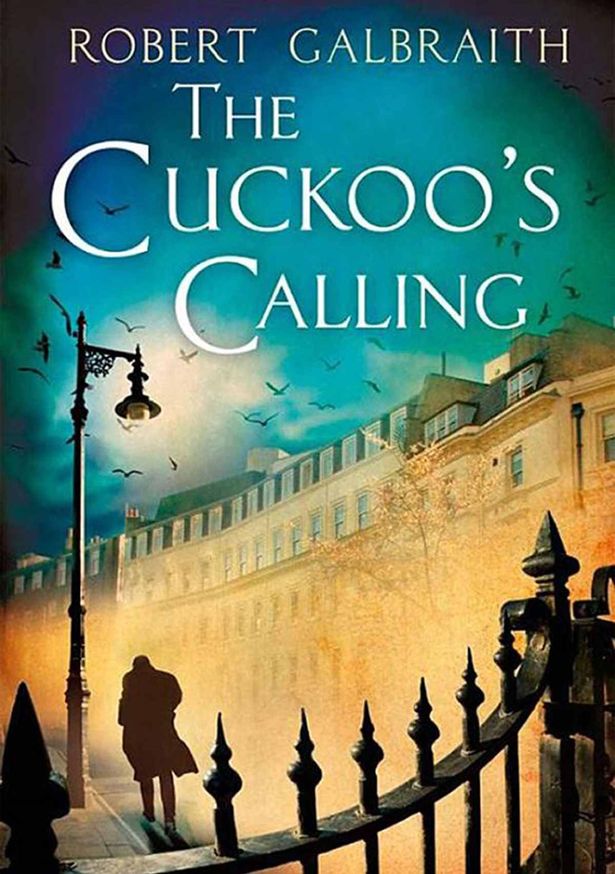We , Indians, are citizens of the world’s most populous
democracy. We have recently been boasting of voter turnouts in millions, and of
making elections phenomenal. Our elections are the sites of major drama, and
our politics the stuff of black crime film. A sizeable percentage of our
population is currently comprised of young people, below the age of twenty
five, starting out, finishing education, embarking on careers.
We the youth want memorable college with money to spend and
no one to question where it goes. We want to pick the people we bond with, we
want to gain what we want. We want to be able to prove first to ourselves and
then to the people around us that we are truly progressive, all the while
wallowing in lifestyles of irresponsibility and decadence. And we sure as hell don’t
want to have anything to do with politics. Because politics is for thieves who
prove themselves incompetent everywhere else.
A recent statistic showed what the youth actually thought.
That over forty percent thought that a certain degree of violence is inevitable
in relationships. Never mind that doing so is breaking the law to begin with. And
a whopping 60 percent felt we needed a
dictator, a stable central authoritarian figure to rule decisively, if we were
to develop.
The last observation worries me to no end. Because it proves
a worrying trend that has only intensified.
The youth of the nation are not decisive. They lack the
conviction to form opinions, to stand up and defend their opinions with
integrity. They simply do not want to be burdened with the necessity to make a
decision. They also refuse to take responsibility for things that lie beyond
their immediate doorstep, things they clearly affect both directly and
indirectly. Decisiveness and
responsibility are not traits. They are habits that need to be formed, cultivated
and reinforced. Habits shape the person,
and the person shapes society. A youth, where decisiveness and responsibility
are no longer important reinforceable habits, we see an unstable society.
Wait. Hold on.
Cool it woman, you say. Just where is this coming from? Sit
down and tell me what’s bothering you.
For a very long time, I have come across and been surrounded
by people who talk more than quite a bit and do not take action. They come up
with endless analyses, complain loudly enough for passers by to get hearing
aids, about anything and everything; the weather, the state of the roads, the
crappy food, the laundry lady, the lack of hygiene, traffic, their annoying
boss , their annoying co-workers, the nosy neighbours, and the traffic, the
state of illegal construction, the bribes they had to pay to get the job done,
and how India’s a corrupt country that’s going to burn in hell, politics, dirty
politics and fat corrupt politicians and how nobody is doing anything about it
and how nothing can be done about it at all since India’s a corrupt
god-forsaken country that’s going to burn in hell.
All in all, they were complaining about the very things they
pay taxes to achieve, but refuse to make decisions about, or take
responsibility for decisions that have to be made at some point on an
individual level, for things to succeed nationally. We wanted the right to vote
universally, but we refuse to position leaders citing lack of choice. In the absence of choice, when the right
thing to do would have been for a responsible citizen to stand up and take up
the mantle, the voting youth elected a government that promises to be decisive,
and had a plan in place, and set out to make things happen, in contrast to the previous
ruling government, which was characterised by indecisiveness arising out of
coalition compulsions, however good their intentions may have been. And few
well educated citizens, decisive leaders with a plan to match, or responsible
youth stood up in the elections to challenge either.
Guys, the elections are perhaps the single biggest chance to
for people to pick a leader. A leader who would take responsibility for their
position, and act decisively. By wishing
for a dictatorial form of government, we are suspending the fundamental right
that makes us a democracy , the right to choice. The right to choice is the
underlying axiom that governs our existence today worldwide, and has framed the
Human Rights laws that every country is expected to follow without fail. The same
laws that make it possible to do the many things that we take for granted
today, and make it possible for us to live, with the guarantee of a modicum of
safety, security and dignity. And we are wishing away precisely the action of
making that choice, of deciding, and being responsible about the decision. Educated
people in the country who have the expertise to make decisions and take
responsibility are shying away from doing so.We are comfortable with someone else making crucial choices for us, that we don't want to concern ourselves with, but are happy to criticize once decisions are taken.
I suppose it has to do with the kind of conditioning we
receive. I see kids across the country not participating in activities, because
parents don’t want to exhaust them with the need to participate, to learn ,
grow and take responsibility. They prefer a silent kid , head bowed over a book
while the mother runs the errands , the father works double shifts to pay
bills, fetches the kid a glass of milk, coddle and coo over a report card while
sending them to expensive tutoring . Even social sciences, civic sense and political and historical awareness take a back seat in favour of the sciences and Mathematics, things that are factual , and can be learnt with empirical analysis, but will not teach you righteousness, decision making or judgement. And what do these children grow up to be?
Raj Koothrappali.
Every instance growing up, where a child plays, learns,
interacts, make decisions, gains confidence, learns to take responsibility,
acts with maturity, interacts with people, grows to gain integrity, and becomes
a well polished human being are systematically eliminated by well-meaning
parents who are under the deluded impression that a perfect score hat trick
report card is a direct passport to a big fat wallet , a fancy job title under
a fancy large firm and the right to brag. This is for their future , parents
argue. Right, who wants to hire a person
who cannot take a quick decision, wants to cover his back, cannot work with a
team, cannot handle diversity, does not know how to go around challenges , and
more importantly, is not a responsible human being? I can name hundreds of
instances where a rosy report card was passed over for a person who was both
decisive and responsible. I myself am not the paragon of the virtues I
desperately wish to see, but I do recognise those flaws in me as something that
needs urgent address.
All of this points to a youth in India, who are endowed with
everything pampering hardworking well-meaning parents want to bestow, but with
none of the spine and the pluck that deserves it.
Responsibility and decision.
Two traits that could pretty much fix all of the problems
this country is facing. We need one responsible individual for every hundred at
the very least, to step up and take the mantle. We need the hundred people to pick
out the one person, to be responsible and have the back of the one person who
is entering the arena. And we need to make that decision. The decision to support
the decision making of the person we entrusted responsibility to . The
responsibility to carry out the spirit of these decisions of our leader to the
last letter. And take the decision and
fulfil the responsibility of holding the person who does not fulfil their
responsibilities accountable.
Back to the dictator we wanted.
Who is a dictator really? A person with absolute power. A
person who knows he has absolute power , because he acts. He is decisive. He is
responsible to his decisions. But the sense of responsibility towards his
people fizzles out because no one holds him accountable. He has free reign, we
have given it to him. There is nobody else like him, taking and executing the
same visions as he is, in parallel in the same situation. Need I remind you
about what happened the last time a dictator came into power? The second World War
took place. Because Hitler decided he was going to be decisive but not
responsible toward the communities that were excluded. And exactly how many
other Germans rose to challenge him at that time? Would Hitler have gotten away
with what he did had other equally decisive, responsible visionaries risen on
German soil to challenge him? Maybe Germany would have been equally developed
as it is today, but would have stood with an easier national conscience.
When we ask for a dictator, we are suspending our rights to
take a decision, and own responsibility for that decision. Something that is a
larger symptom of a daily lethargy to make decisions and take responsibility
towards all areas of our own lives.
The right to choice was something India and Indians did not
have decisively until 1947. Both men and women, regardless of community,
cultural leanings, received the right to vote. The right to put people into
office was a hard earned freedom. They knew the value of making decisions.
Decisions were made every single day. Responsibilities were upheld every single
day, starting from cleaning up at, home, getting paperwork done and paying the
bills, to deciding who stands for office, what policies to put in place, how to
face challenges and alleviate distress in the face of disaster.
It is time for us to do the same. Take responsibility,
people. Step up. Make the decision to be the best person you can be and do the
best that you can do. If you have the right to complain, you have the
responsibility to address the complaint, and find a solution to the problem.
Start with your own lives.
Arise, awake and stop not till the goal is reached.





